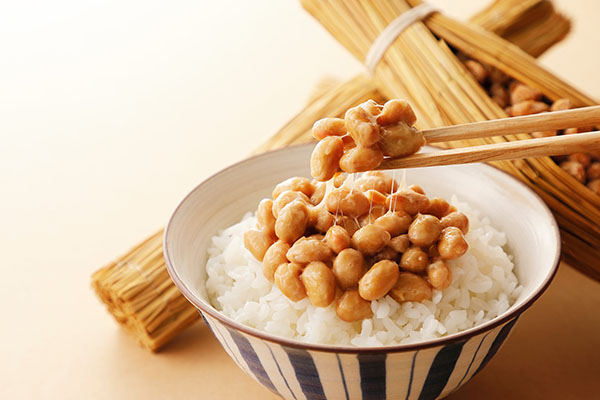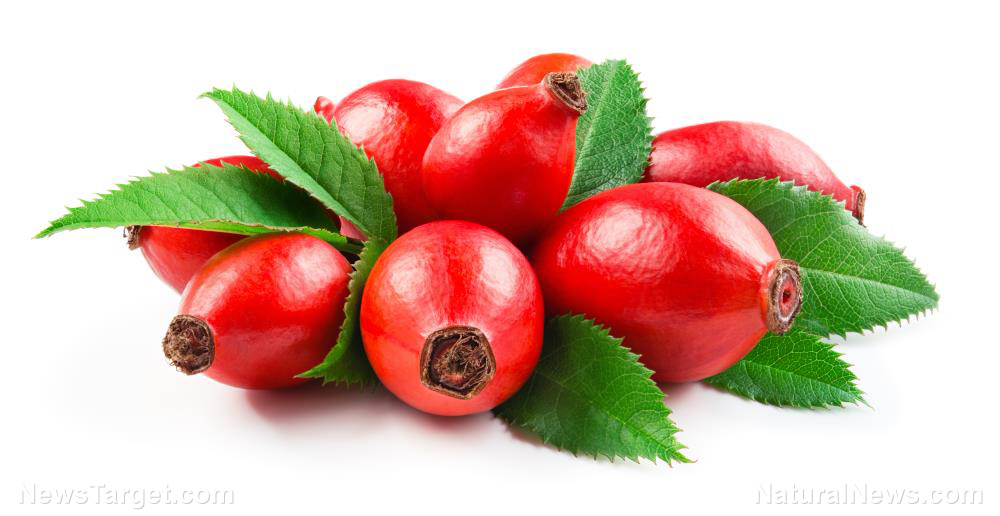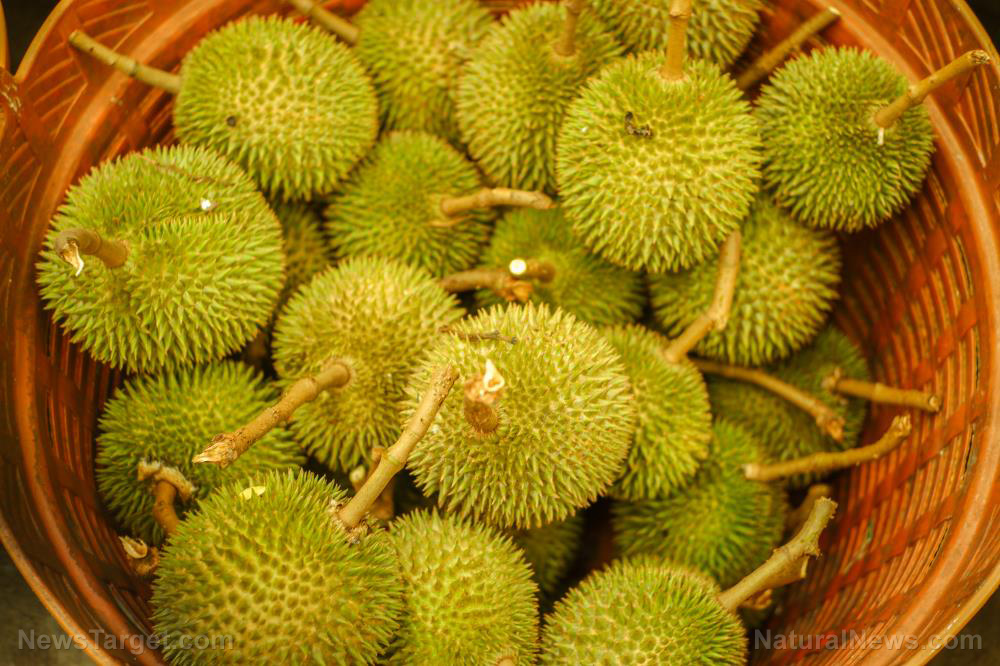 Parler
Parler Gab
Gab
- Preventing blood clots: A blood clot is largely made up of fibrin, and nattokinase’s fibrinolytic and antithrombolytic properties mean that in addition to stopping clots from forming, it may even be able to help dissolve them.
- Reducing cholesterol: Some studies have pointed to nattokinase’s ability to reduce total and LDL cholesterol, in addition to triglycerides.
- Slowing atherosclerosis: Atherosclerosis, or the hardening of arteries, is associated with the formation of blood clots. Nattokinase’s anticoagulant and antiplatelet properties mean it could help clean arteries and stave off atherosclerosis.
- Reducing blood pressure: High blood pressure is often associated with serious cardiac events such as strokes and heart attacks. Nattokinase has demonstrated an ability to reduce systolic and diastolic blood pressure in individuals who have hypertension, and its effects are especially noticeable in men.
- Boosting brain health: Studies in animals have shown that nattokinase degrades amyloid fibrils; these are the proteins that can contribute to Alzheimer’s and Parkinson’s diseases when they bind together. It has also been shown to enhance brain function in stroke patients.
- Stroke rehabilitation: A small study showed that people recovering from a stroke who supplemented with nattokinase for 60 days had better blood pressure and cholesterol control.
- Detoxifying from COVID-19 vaccines: During the pandemic, some experts, like Dr. Peter McCullough, suggested that given nattokinase’s ability to fight blood clots, it could dissolve spike proteins and help people detoxify from COVID-19 “clot shots.”
Where can you find nattokinase?
The traditional Japanese dish natto may be the most obvious source of nattokinase, but it has a smell that has been compared to that of Gorgonzola cheese and a strong flavor that may not appeal to everyone, not to mention a sticky and slightly slimy texture. There are several supplements on the market that can be useful for those who do not have easy access to this food or do not enjoy consuming it, but it is important to seek reputable sources. Sources for this article include: J-Nattokinase.org Britannica.com PeterMcCulloughMD.Substack.comCalm anxiety naturally: 7 top substances
By News Editors // Share
Chinese lunar probe returns with first-ever samples taken from the far side of the moon
By Kevin Hughes // Share
Top 6 ways to heal thyroid disease
By News Editors // Share
Rosehips melt belly fat naturally
By News Editors // Share
Durian fruit found to possess cancer-fighting properties
By Ramon Tomey // Share
Governments continue to obscure COVID-19 vaccine data amid rising concerns over excess deaths
By patricklewis // Share
Tech giant Microsoft backs EXTINCTION with its support of carbon capture programs
By ramontomeydw // Share
Germany to resume arms exports to Israel despite repeated ceasefire violations
By isabelle // Share










